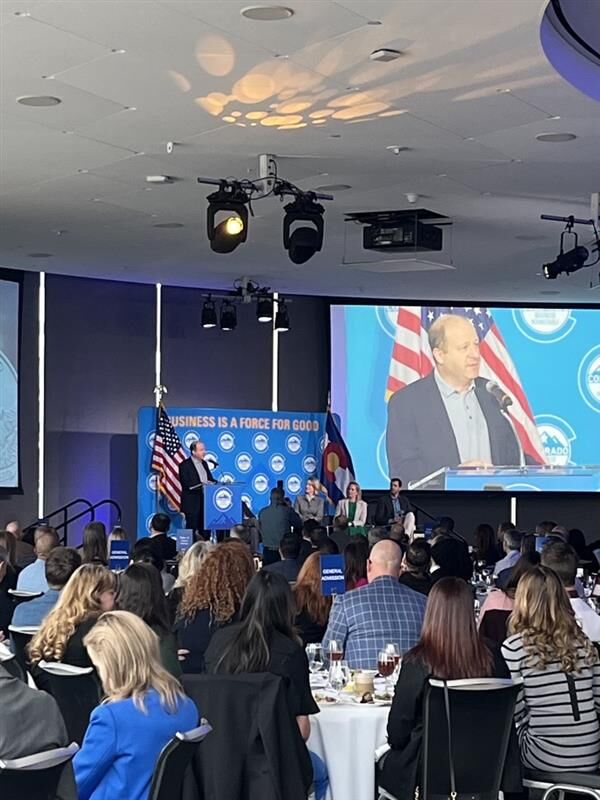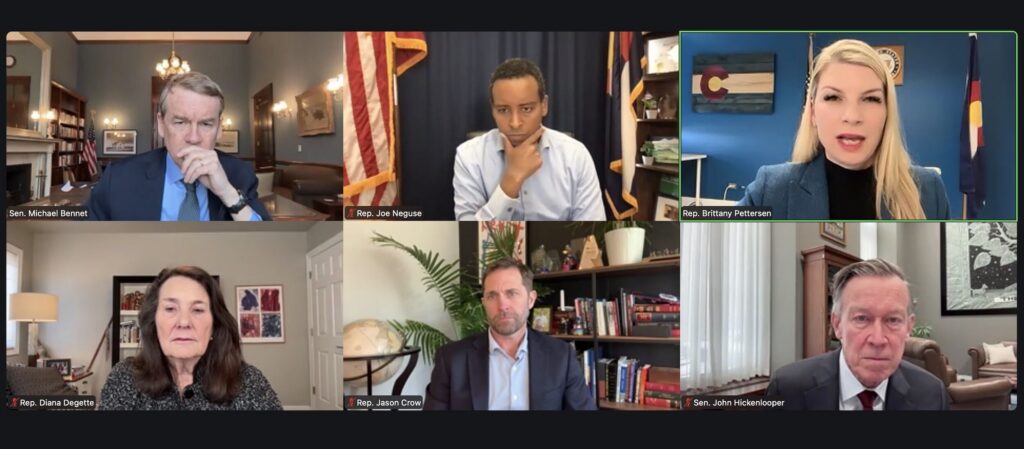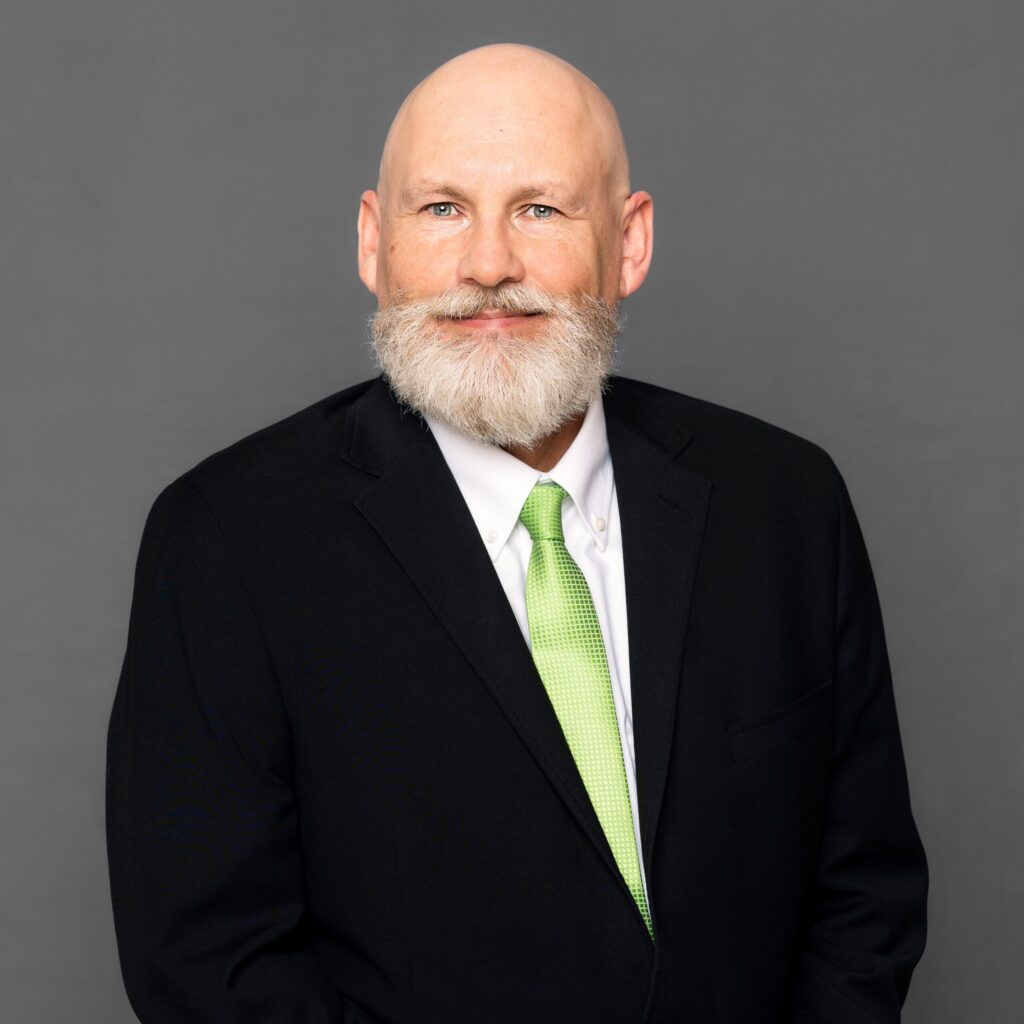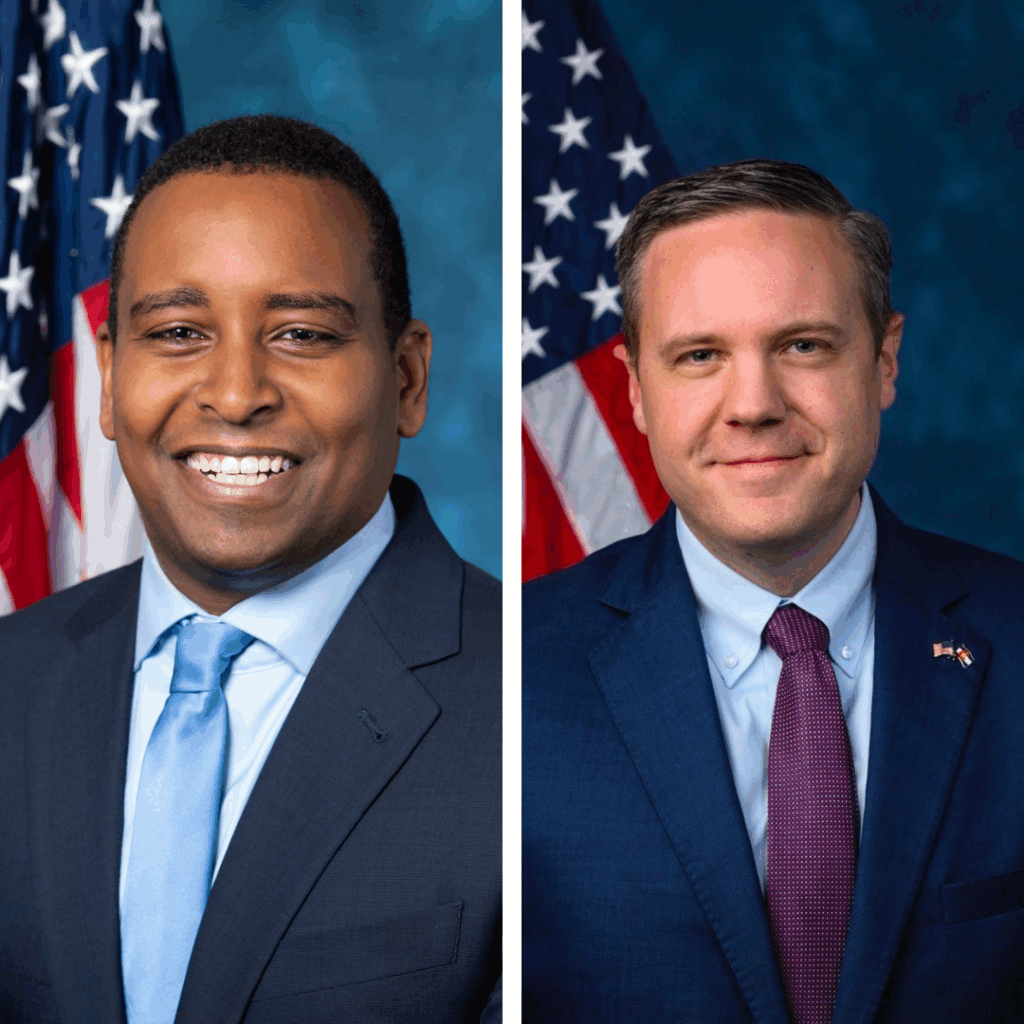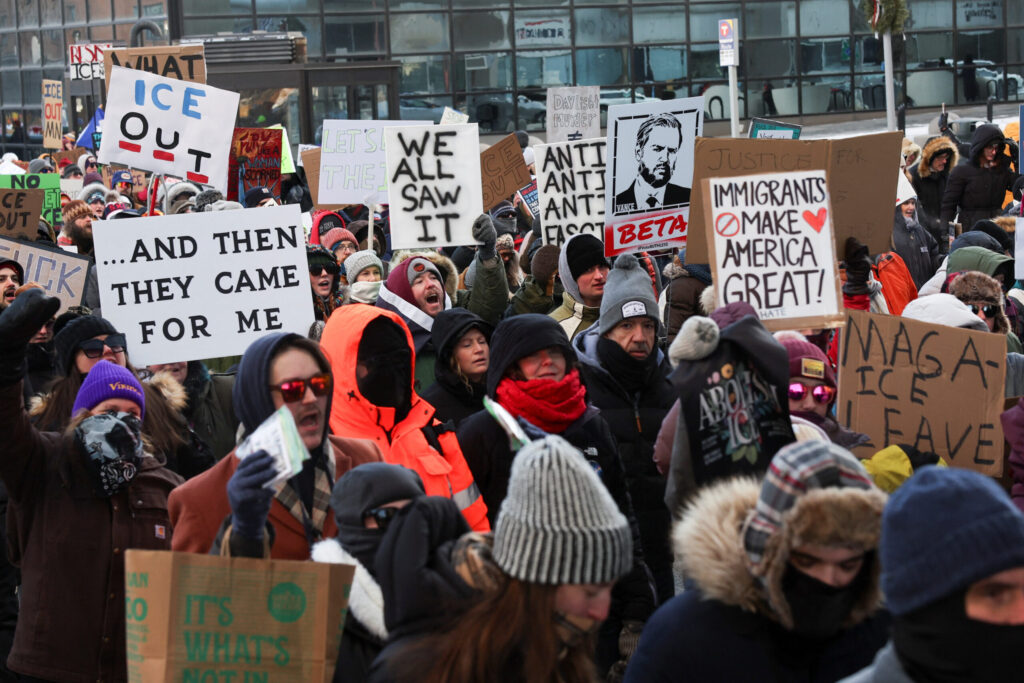Can we simmer the resentment fueling our age of anger? | HUDSON
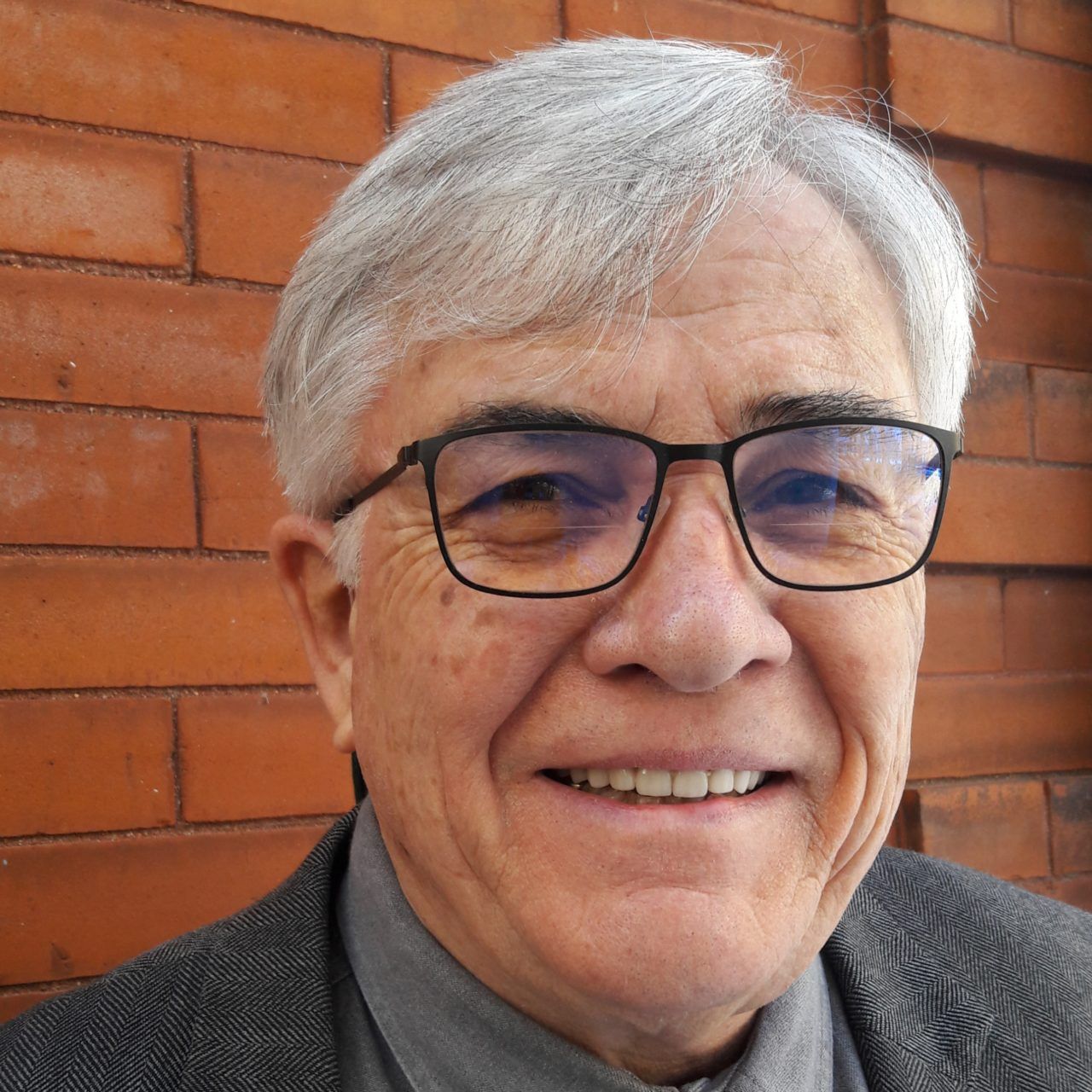
The past year has surfaced growing concerns regarding the frequency of violence in America. Our pattern of sporadic mass shootings at schools, churches, bars, shopping centers and public events has recently been joined by assassins — not for the first time in our history, of course. Colorado has not proven exempt, as last month’s shooting at Evergreen High School evidences.
The 1960s were replete with targeted killings and attempted killings. Even as late as 1975, then-President Gerald Ford, as anodyne a politician as ever reached the White House, escaped a pair of attacks from deranged young women. Five years later, then-President Ronald Reagan was severely wounded by a disturbed young man from Colorado who wished to impress actress Jodie Foster. As Sophie Pinkham noted during this past summer’s symposium, “What is violence for?”: “When a cycle of violence begins, it is terribly difficult to stop it from escalating.”
For anyone who recalls the 1960s or those currently active in politics, a pall of dread has descended over the most mundane activities. Vituperative hate mail, even death threats, pour into one’s email when an opinion finds its way into print. Columnists are attacked, as well. When I informed my extended family I would run for the Colorado legislature in 1978, I was surprised at the shock and deep concern expressed by relatives who wondered why I would take the risks they perceived in seeking public office. A few even refused to send me a campaign contribution. Worries about my safety hadn’t crossed my mind. I’m not sure I would feel the same today. The last time I saw a production of “West Side Story”, it struck me how dated it is as our culture has run well past the point where a knife fight constitutes the nadir of juvenile depravity. Today, the Jets and Sharks would be packing Glocks and AR-15s.
The case of the assassin is quite different than that of the indiscriminate mass shooter. Hearkening back to the era of revolution in 19th-century Czarist Russia, there was a social mystique surrounding the “Propaganda of the Deed.” Assassins viewed their acts of violence as quasi-religious feats of self-sacrifice for God and country in a struggle against autocracy. As Pinkham further observes, “Aiming to extinguish dissent, political repression can foster violence rather than prevent it.” The murderers it nurtures may be mistaken for saints. We need only look at Luigi Mangione, who shot down the chief executive of United Healthcare on a Manhattan sidewalk, who has attracted a bevy of romantic admirers. When the communist revolution rode to power in 1917, Russian idealists seeking a democracy awoke to an even more brutal regime than they’d overthrown.
Whether assassins or mass shooters, there seems to be a strong suicidal impulse which motivates those seeking vindication for their perceived victimization. Four out of five take their own lives before being apprehended. The fame they seek is usually little more than a brief notoriety. I have to think one can only take the lives of unknown others if you find your own life wholly without promise or purpose. My friend John Vasconcellos was serving in the California State Legislature 40 years ago, when I was elected to the Colorado House. He had a national reputation as the “Self-Esteem” Senator for promoting mandatory public-school curricula cultivating personal self-regard. After numerous attempts, he finally succeeded. Although now departed, I think John was on to something. I have no data supporting the success of his legislation, but neither has its requirement been repealed — even though it was indisputably a feel good, New-Agey requirement.
There is little doubt American culture has been coarsening in recent decades. Internet gaming has come a long way since Pong, with competitive slaughter contests leading the sales parade. Our president sprinkles his press briefings with obscenities, including the F word, and pornography can be speed-dialed on our cellphones. Homeowners have been shooting children who ring the wrong doorbell, while road-rage incidents often turn into homicides. At the same time, swindlers only get their hands slapped in court and law enforcement looks the other way when scammers prey on seniors. You have likely noticed when secret documents are leaked, the FBI has slapped the whistleblowers in handcuffs within 48 hours. It’s hard to believe they couldn’t do the same for hackers.
We ‘re living in an age of anger. You can often smell simmering resentment in the air. Democracy is intended to be a “prosperity sharing” system, and it has been at times. Not in recent memory. Income inequality today exceeds the abuses of the Gilded Age. Profits from our ever-expanding productivity are swiftly funneled to a handful of oligarchs atop our corporate ladders. Unsurprisingly, this makes many who are left behind exceedingly resentful. We haven’t coped well with the social effects of technology. Television reshaped politics, placing a premium on raising money. Conducting our elections like auctions, we shouldn’t be surprised when the victors are usually the highest bidders. Then came the Internet and soon after social media. Its anonymity has fostered a culture of insult, lies and disinformation. Few know whom to trust but everyone is confident they know who to blame. Arriving now is artificial intelligence, which will prove neither truly intelligent, nor artificial. It will be a real thing, however, should the “singularity” of consciousness occur — machine intelligence, certainly, yet intrinsically inhuman.
Somehow, we’ve reached a consensus out at the far fringes of political animus that picking up a gun can solve problems rather than create them. Whatever troubles we may think we’re facing, whatever injustices we hope to right, the worst choice we can make is to pull a trigger.
Miller Hudson is a public affairs consultant and a former Colorado legislator.



